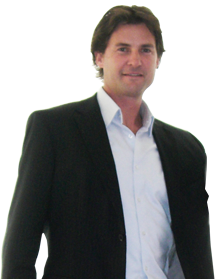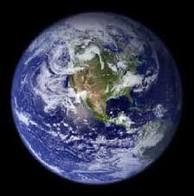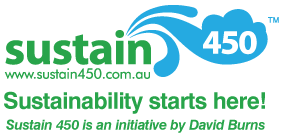
Welcome
David Burns is an environmental chemist with expertise in laboratory data audits, green chemistry, and industrial ecology. David is available to help business & professionals integrate sustainable supply chains and energy efficiency into service offerings. The following blog topics are intended to invoke awareness and/ or action in Going-Green. You are also invited to create a Free Whoisgreen business profile using the link above. David Burns is a NSC member of the Rocky Mountain Institute.

Where does passive design, energy efficiency, renewables, fossil fuels, and nuclear fit into the energy solution? VIEW TED debate on YouTube NOW.
Stewart Brand and Mark Jacobson offer expert strategy, options, and solutions for future energy supply. It is well recognised that design, efficiency, and renewables will play an important role in the future development of our cities and lifestyles. The BIG question is where will fossil fuels continue to fit, and will nuclear energy get a gernsey in the Australian landscape?. Nuclear energy is often polarised across our community, and the nuclear energy debate between Brand and Jacobson attempts to explain the pros and cons. For me, it was interesting that neither Brand nor Jacobson chose to address the one distinguishing feature most important to everything that makes our Earth precious - 'LIFE'. It seems that the energy strategy that we have inherited, dominated by fossil fuels (ie. coal and oil) seems to be in contradiction with the successful energy strategy that surrounds us in nature and tested over billions of years of evolution. It is no coincident that nature has positioned the Earth's sole energy source (the Sun) 190,000,000km away from its ecological investment. Homo sapien is the only species still to learn how to exist within the Earth's solar budget.
My opposition to nuclear energy as a sustainable energy option is threefold. Firstly, nuclear energy will not address the world's obsession of continually consuming more energy, particularly important where developing populations are accessing higher living standards. This point recently tabled by Malcolm Turnbull in a speech to Parliment June 2010 (known as the Jevons Paradox). Secondly, more power stations do not address the underlying symptoms associated with energy inefficiencies in supply (power stations) and demand (homes and business). Finally, nuclear energy will continue to cast significant impacts on communities and the environment associated with increased expansion in mining, processing, and transportation compared to easier and cheaper energy efficiency and renewable strategies. Mining of uranium or thorium for energy is almost akin to practices of the past where corporations rushed to develop an asbestos industry and ignored the associated health dangers that we are all to aware of now. A mineral or elelment in abundant existance and able to offer a favourable physico-chemical property cannot be the only reason to capitalise on an opportunity without careful regard to important social and environmental considerations.
I believe it is time to REDESIGN the world's energy supply and demand frameworks employing a holistic approach that incorporates solar, wind, thermal, EV battery technology, and making existing supply infrastructure best practice within a Smart Grid network. Our future energy strategy needs to be safe & sustainable, clean & affordable, scalable and endless. Energy solutions that carry engineering risk such as the recent BP Oil Spill in the Gulf of Mexico are the wrong strategy.
View TED debate between Stewart Brand & Mark Jacobson.
David Burns is a Sustainability Advisor and Analyst, www.sustain450.com.au
If you have a friend that you would like to share this with, then









